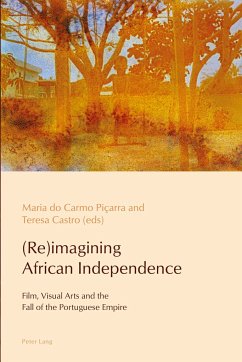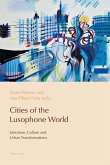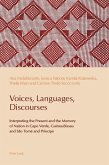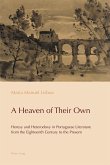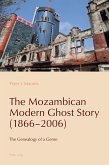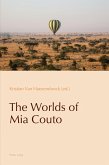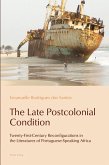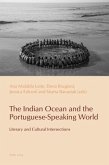The fortieth anniversary of the independence of the African countries colonized by Portugal presents a valuable opportunity to reassess how colonialism has been «imagined» through the medium of the moving image. The essays collected in this volume investigate Portuguese colonialism and its filmic and audio-visual imaginaries both during and after the Estado Novo regime, examining political propaganda films shot during the liberation wars and exploring the questions and debates these generate. The book also highlights common aspects in the emergence of a national cinema in Angola, Mozambique and Guinea-Bissau. By reanimating (and decolonizing) the archive, it represents an important contribution to Portuguese colonial history, as well as to the history of cinema and the visual arts.
«This edited volume certainly constitutes an important contribution to the studies of film, image and visual arts concerned with state propaganda during the Portuguese Estado Novo, the early days of Angolan and Mozambican film and their memory. With a multitalented team of contributors whose work often involves more than one area in the production and circulation of images, this book conjugates the views of academics, filmmakers, artists and curators. The volume's numerous perspectives are also reflected in the wide range of angles taken by the different contributors, who are not only capable of competently analysing the specificities of Portuguese colonialism and anti-colonialism of Portuguese-speaking Africa, but who can also place them beyond the 'lusophone' confines and within world history, through their currency in the Cold War.»
(Emanuelle Santos, Portuguese Studies , 34/2 2018)
(Emanuelle Santos, Portuguese Studies , 34/2 2018)

